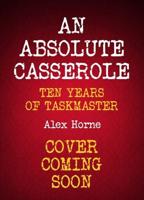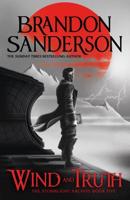Publisher's Synopsis
The great cities at the turn of the century were mediated by words--newspapers, advertisements, signs, and schedules--by which the inhabitants lived, dreamed, and imagined their surroundings. In this original study of the classic text of urban modernism--the newspaper page--Peter Fritzsche analyzes how reading and writing dramatized Imperial Berlin and anticipated the modernist sensibility that celebrated discontinuity, instability, and transience. It is a sharp-edged story with cameo appearances by Georg Simmel, Walter Benjamin, and Alfred Döblin. This sumptuous history of a metropolis and its social and literary texts provides a rich evocation of a particularly exuberant and fleeting moment in history.
























